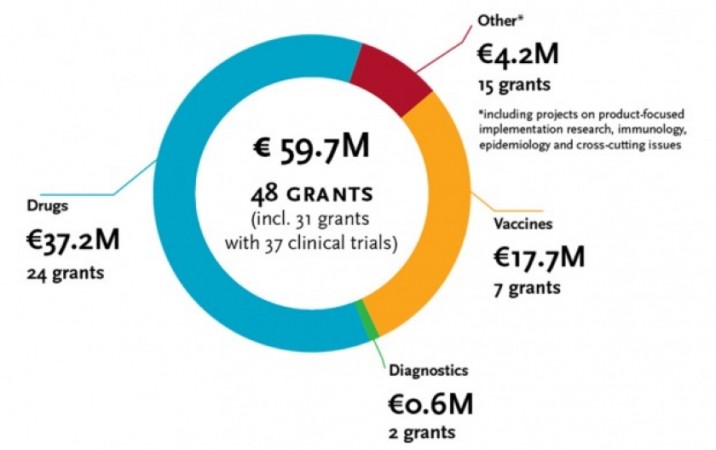
In a worrisome trajectory, financing for malaria Research and Development (R&D) has reached its lowest point in 15 years, marking the fourth consecutive year of decline, as indicated by the World Health Organization's (WHO) World Malaria Report released on November 30. The report unveils that the global allocation for malaria R&D in 2022 stood at $603 million, representing a significant 10% decrease from the previous year. This alarming trend underscores the fourth consecutive year of diminishing financial support for malaria R&D.
Malaria is a formidable global health challenge, particularly in regions grappling with limited resources and healthcare infrastructure. The dwindling funds for R&D raise apprehensions regarding the ability to progress prevention, diagnosis, and treatment strategies crucial for mitigating the disease's impact.
The report emphasizes that addressing this concerning trend necessitates more than just raising awareness; it demands concerted efforts in mobilizing resources and fostering collaboration among key stakeholders. Investing in malaria R&D is an investment in the well-being of communities worldwide, holding the potential for groundbreaking discoveries, life-saving interventions, and advancements towards malaria elimination.
Effectively combating malaria calls for innovative approaches and technologies, including the development of new antimalarial drugs and vaccines and the implementation of inventive vector control methods. Advances in diagnostic tools and surveillance systems are equally vital for accurately tracking malaria prevalence and spread, enabling targeted interventions and resource allocation.
Mitigating the decline in funding for malaria R&D requires coordinated actions from governments, international organizations, and the private sector. Policies must prioritize malaria research, allocating sufficient resources to confront this preventable and treatable disease. Additionally, global health initiatives and partnerships should advocate for increased funding and support for malaria R&D, ensuring sustained progress towards malaria elimination and contributing to achieving Sustainable Development Goals.
Despite the concerning financial decline, the report also highlights significant progress. The first malaria vaccine endorsed by WHO, RTS, S/AS01, has reduced early childhood deaths by 13% in Ghana, Kenya, and Malawi. In October 2023, WHO recommended a second safe and effective malaria vaccine, R21/Matrix-M, paving the way for a two-vaccine market and facilitating broad-scale implementation across Africa.
Article by Jed Mwangi
Photo/Google

Comment